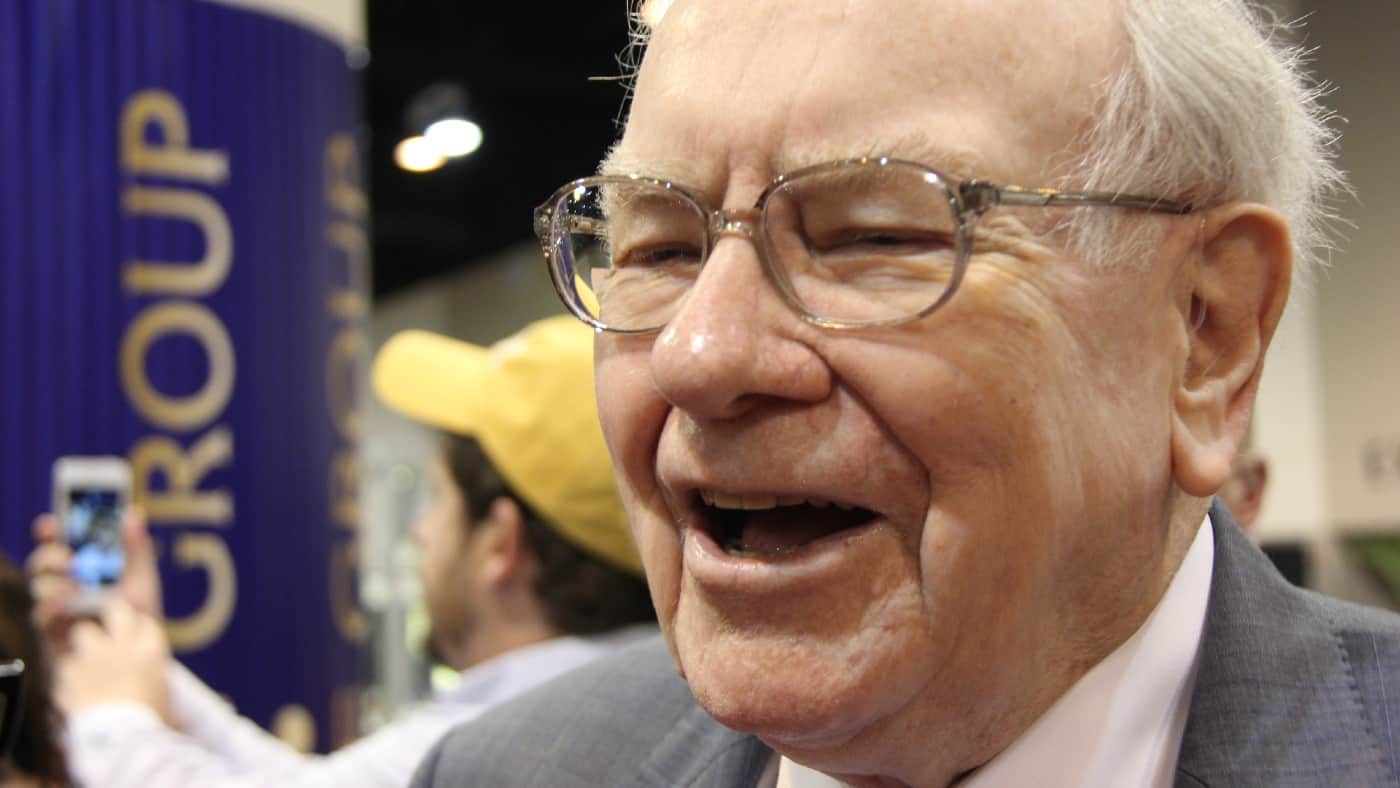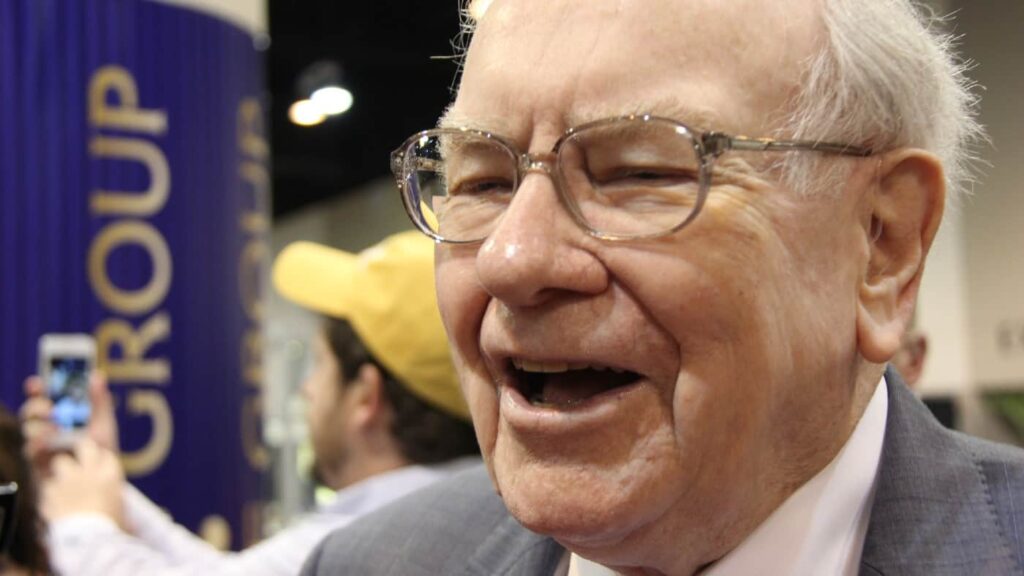
Image source: The Motley Fool
Warren Buffett isn’t really known for having significant investment in FTSE 100 companies. The only one Berkshire Hathaway has an interest in right now is spirits company Diageo.
In the past, however, Buffett used to have a decent-sized stake in Tesco (LSE:TSCO). And I think the Oracle of Omaha’s reasons for selling the stock are worth paying attention to today.
Buffett’s Tesco investment
Buffett began buying shares in Tesco in 2006 and by 2012 had come to own around 5% of the entire company. But the Berkshire CEO eventually sold his entire stake between 2013 and 2014.
One reason for Buffett’s change in view was Aldi and Lidl emerged as genuine rivals. But the other was the discovery that Tesco had been inflating profits by recognising revenue from suppliers in its income statement too early.
The firm launched an investigation, but it still suffered significant damage to its reputation. It was also fined £129m by the Serious Fraud Office and £85m by the Financial Conduct Authority.
That was enough to convince Buffett to sell, but the Oracle of Omaha didn’t immediately ditch the FTSE 100 retailer. Instead, Berkshire unloaded shares gradually as the situation unfolded.
Buffett later noted that the strategy of being patient probably caused Berkshire’s losses to be greater than they would otherwise have been. But this was difficult to see at the time.
The accounting issue is now well behind Tesco. But there’s another UK company in my portfolio that’s dealing with a strikingly similar issue at the moment.
WH Smith
Last month, WH Smith (LSE:SMWH) announced that this year’s profits are set to be around £70m lower than expected. The reason: booking revenues from suppliers too early.
The reported issue is in the firm’s North American division. The exact scope of the problem, however, is unclear – there’s an investigation going on to establish that.
The parallels between the issues at Tesco a decade ago and the current problems at WH Smith are striking. But there are a couple of important differences.
One is that – as far as I can see – WH Smith isn’t facing the same competitive challenges Tesco was. Having sold off its high street operations to focus on travel outlets, I think it’s in a strong position.
Another is that a number of Tesco’s historic fines were to do with breaching industry standard rules around the treatment of grocery suppliers. These don’t apply to WH Smith.
The two situations aren’t the same, but they do have a lot in common. And this gives investors a tricky choice, which is why I’ve been thinking about Warren Buffett’s approach to Tesco.
A dilemma
My instinct with my WH Smith investment is to follow Warren Buffett’s example with Tesco. That involves being patient and waiting, rather than selling immediately.
This is risky, and the benefit of hindsight reveals that Berkshire might have done better with a different approach. But investing always involves risk.
All investors can do is what seems best at the time. And I think there are still good reasons for optimism about WH Smith over the long term.
I still think the firm’s competitive position is a long-term strength. But I can understand why other investors might think there’s too much risk to consider buying the stock at the moment.


